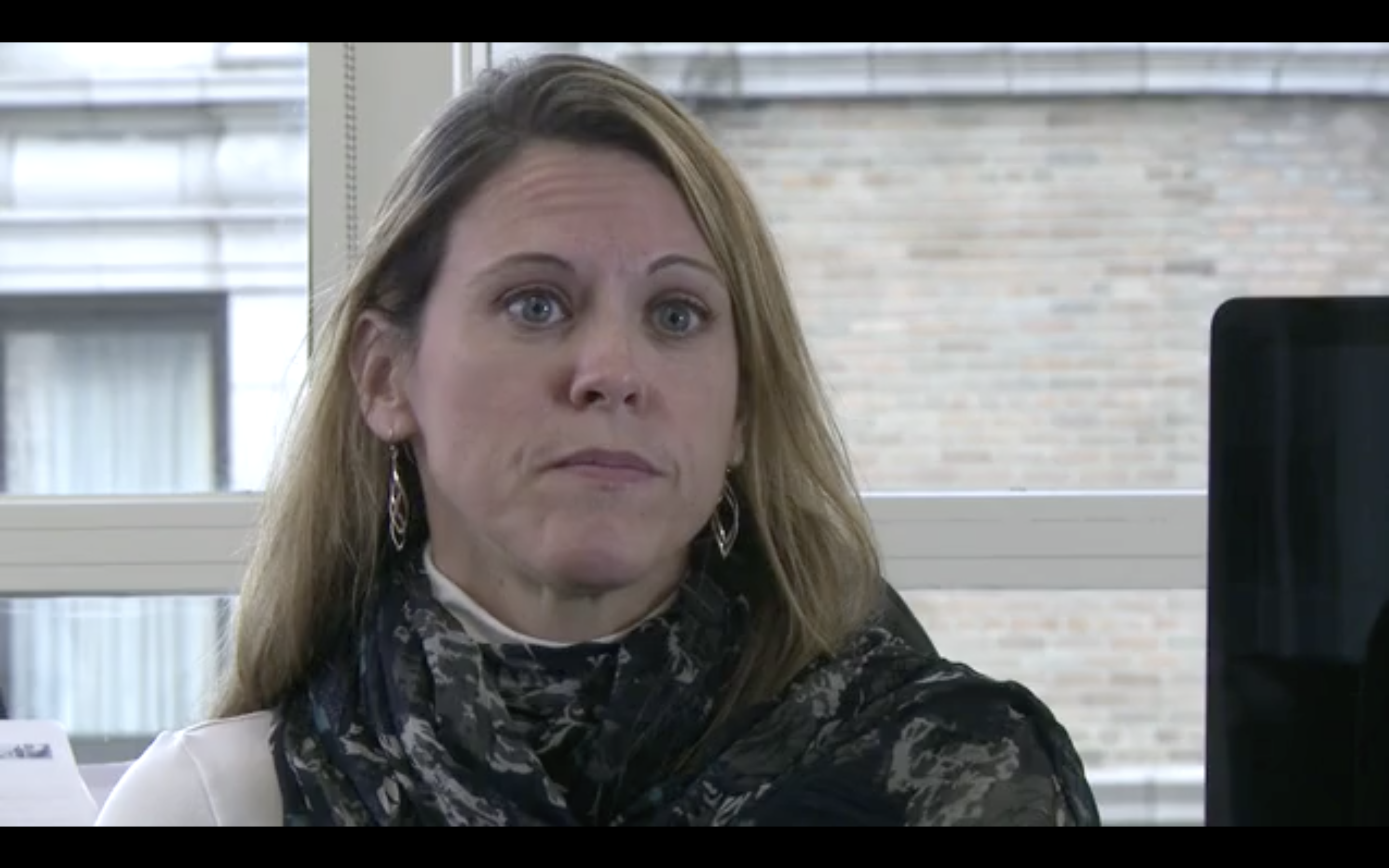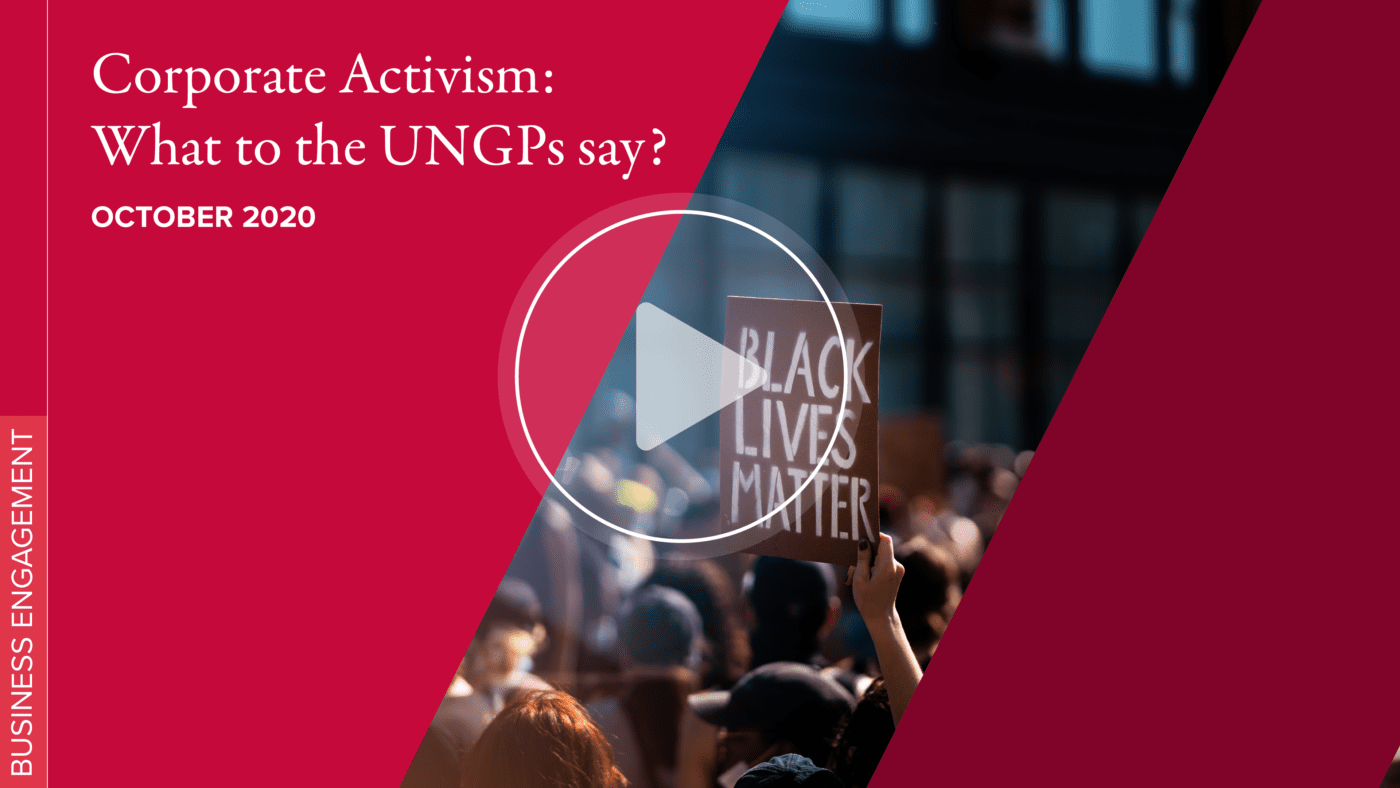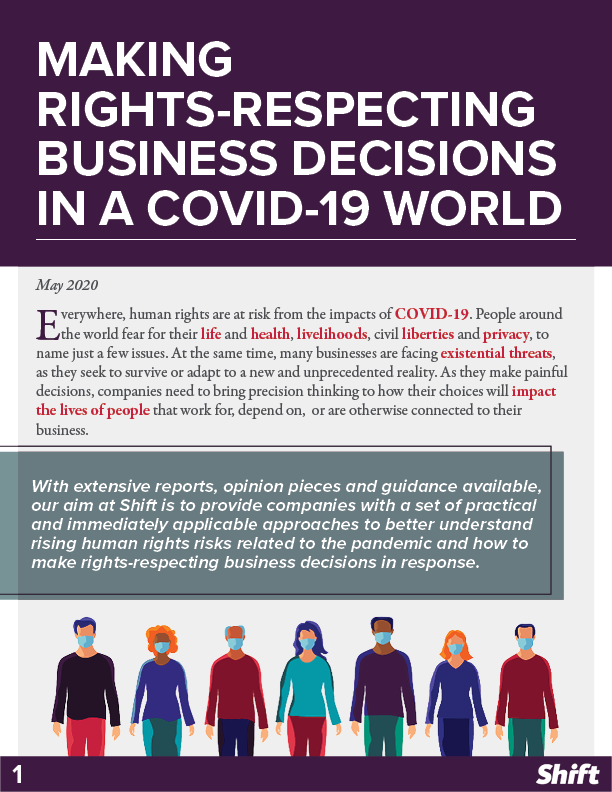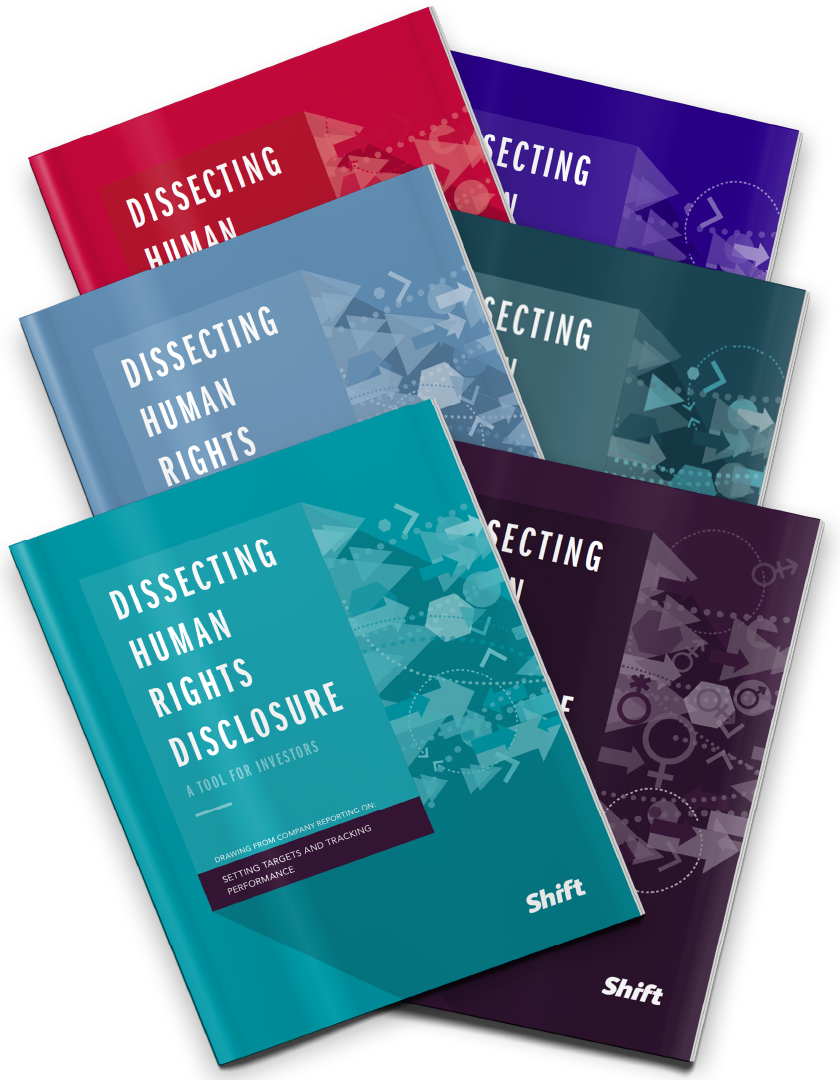Corporate-Community Dialogue: An Introduction from ACCESS Facility on Vimeo.
About the Series
This documentary series looks at how companies and communities have resolved disputes over corporate activities on three specific projects in Nigeria, Peru and the Philippines. The series includes one overview film of all the stories, and one film per story. These films tell the story of what happened on the ground in the words of the people who experienced it – the local community, the company and the dialogue facilitators that were asked to help.
In all three films, we hear stories from companies and communities that have found themselves in varying degrees of conflict and looked for a way out through dialogue. In each instance, the parties in conflict used a neutral third-party mediator to help them craft a process through which they could address concerns and progressively resolve their core conflicts.
Each film is about 40 minutes and they are hosted by ACCESS Facility. The individual films share the following stories:
Company-Community Dialogue: An Introduction: provides an overview of all three stories and finds common themes. Click embedded video above or follow this link to view directly on Vimeo.
Making Monkey Business: Building Company/Community Dialogue in the Philippines shares the story of a dispute resolution process with communities that were impacted by the building of the Ambuklao and Binga hydroelectric power plants in the Benguet Province of the Philippines. The mediated dialogue was facilitated by the Compliance Advisor/Ombudsmanof the World Bank Group and the mediation was conducted by the Conflict Resolution Group in the Philippines. Click embedded video below or follow this link to view directly on Vimeo.
Putting Ourselves in their Shoes: The Dialogue Table of Tintaya tells of the rising resentments among indigenous community members about a copper mine in the Peruvian Andes initially owned by the government and then owned by BHP Billiton (and now by Glencore Xstrata). It relates the process by which non-governmental organizations such as Oxfam Australia, Oxfam America, CooperAccion and Corecami entered the picture, and the important roles they played in helping give birth to the process and supporting the communities’ ability to engage effectively. Click embedded video below or follow this link to view directly on Vimeo.
The Only Government We See: Building Company-Community Dialogue in Nigeria tells the story of the negotiation of General Memoranda of Understanding (GMOUs) between Chevron and communities in the Niger Delta around its facilities. The process began after violent conflict in the region in 2003 led to the withdrawal of the company and the destruction of property, including schools and hospitals the company had built for communities. The film relates the role played by the head of the New Nigeria Foundation, a local NGO that came in to mediate the dialogue and help build the foundations for increased trust between those involved and addresses how and why the communities decided to engage in the dialogue, what progress and challenges emerged along the way, and the outcomes that have been achieved. Click embedded video below or follow this link to view directly on Vimeo.
These films were produced by the Corporate Responsibility Initiative at the Harvard Kennedy School on behalf of the mandate of the former Special Representative of the UN Secretary-General for Business and Human Rights, Professor John Ruggie. The films were produced with the generous support of the Government of Norway, the Compliance Advisor/Ombudsman of the World Bank Group, the International Bar Association and the Government of Germany. The films are MATCH productions.
In November 2012 the series won “best communication or publication” award at the biennial Centre for Effective Dispute Resolutions awards ceremony held in London.




